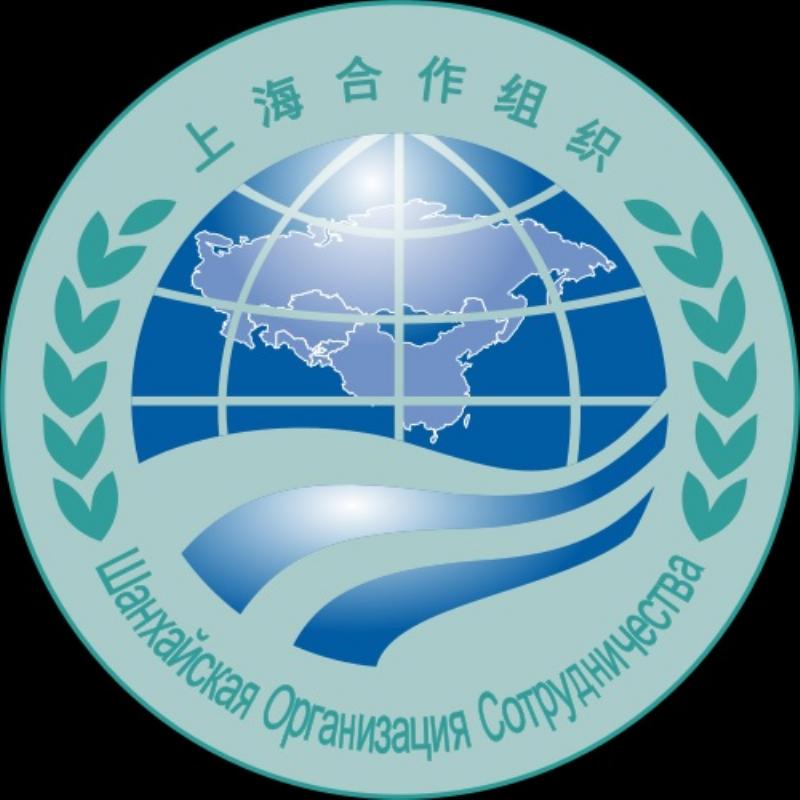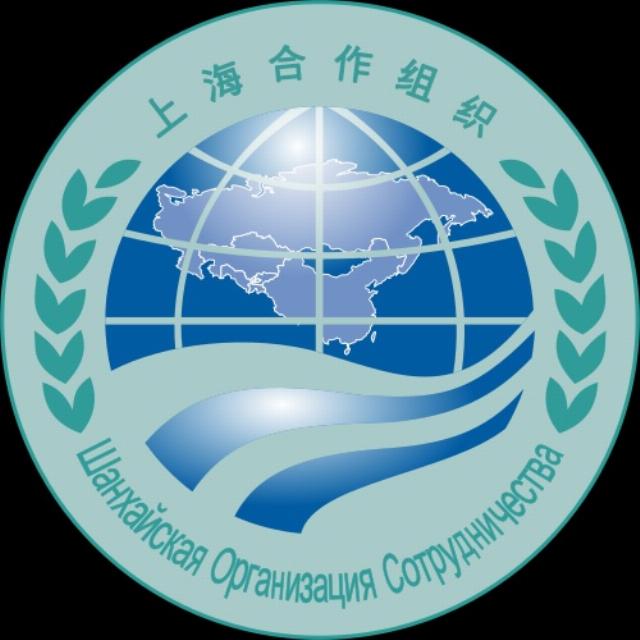


Over the Labor Day weekend, as missiles rained down on Kyiv and war continued in Gaza, a vastly different drama unfolded in Tianjin, China. More than twenty heads of state gathered under the banner of the Shanghai Cooperation Organization (SCO). Among them: Vladimir Putin, Xi Jinping, Narendra Modi, Recep Tayyip Erdoğan, and Masoud Pezeshkian, the president of Iran.
Western readers may not recognize the SCO the way they recognize NATO or the G7. But they should. Once a regional talk shop, the SCO has become a powerful geopolitical platform, the world’s largest authoritarian-leaning bloc, a forum where adversaries of the free world confer legitimacy on one another.
A Stage for Putin
Think about the timing. Russia escalates missile barrages on Ukraine’s cities. Children die in their sleep as air raid sirens wail. And yet Vladimir Putin walks into Tianjin not as a pariah, but as a “partner.”
On stage, Putin reframed the Ukraine war not as an invasion but as a response to Western provocation: “We are responding to a coup, not waging an aggression.” With India, China, and even the UN Secretary-General in the room, that line gave Moscow’s false narrative an international platform.
Putin also held bilateral meetings with Modi, Erdoğan, and Iran’s Masoud Pezeshkian -- evidence that sanctions have not cut him off from global relevance. Each embrace from Xi, each staged photo-op, chipped away at the credibility of Western isolation strategies.
Xi’s Alternative World Order
For Xi Jinping, who set the meeting’s tone, the SCO is not just about keeping Russia afloat. It is about building a parallel world order. He urged members to resist “Cold War mentality” and “bullying states [a thinly veiled swipe at the U.S.].” Then he put money on the table: a SCO Development Bank, $1.4 billion in loans, 10 billion yuan for the Interbank Consortium, plus scholarships and training programs.
This is not rhetoric -- it is Beijing buying loyalty, binding Eurasia’s economies closer to China. The message to the Global South (developing nations across Africa, Latin America, Asia, and Oceania) was unmistakable: “The West does not run the world anymore. We do.”
Modi’s Balancing Act
India’s Prime Minister Narendra Modi struck a careful balance. For the first time in seven years, he visited China, signaling a tentative thaw. In Tianjin, he promoted India’s vision of the SCO on three pillars: “Security, Connectivity, and Opportunity.”
He condemned terrorism and warned against “double standards” after the Pahalgam attack, then pressed Putin directly for a peaceful resolution in Ukraine. Modi’s presence highlighted the SCO’s reach but also India’s cautious hedging -- neither fully with the West nor fully in Beijing’s camp, a posture reminiscent of its Cold War-era nonalignment.
Iran’s Push to Escape the Dollar
Iran’s new president, Masoud Pezeshkian, urged the SCO to bypass the dollar. He proposed special SCO accounts, national currency settlements, and CBDC-based infrastructure to settle cross-border trade in central bank digital currencies, along with a multilateral currency swap fund. For Tehran, this is not theory, it is survival. For Beijing and Moscow, it is a prototype of an alternative financial architecture designed to blunt U.S. sanctions and reduce dollar dominance.
Pageantry and Symbolism
 The summit coincided with China’s WWII victory commemorations. A military parade in Tianjin showcased Chinese, Russian, and North Korean presence. Putin was seated beside Xi, and Kim Jong-un appeared as a guest of honor. The optics were not accidental -- they were a carefully choregraphed tableau of authoritarian unity, presenting itself as a counterweight to NATO.
The summit coincided with China’s WWII victory commemorations. A military parade in Tianjin showcased Chinese, Russian, and North Korean presence. Putin was seated beside Xi, and Kim Jong-un appeared as a guest of honor. The optics were not accidental -- they were a carefully choregraphed tableau of authoritarian unity, presenting itself as a counterweight to NATO.
Implications for the West
Skeptics argue the SCO is too divided to matter. India and China spar, Pakistan and India barely talk, and Turkey, Iran, and the Central Asians all jockey for influence. But dysfunction does not mean harmless. Even a loose coalition can serve as a shield for defiance:
Taken together, Tianjin projected a clear message: America’s rivals are consolidating. They are building their own banks, their own trade systems, their own security frameworks. Meanwhile, the West appears distracted, divided, and slow to respond.
What the West Must Do
First, call this summit what it is: a gathering of authoritarians. It is about anti-Western solidarity, full stop.
Second, recognize that optics matter. Every handshake Xi gives Putin is another blow to Ukraine’s morale and another wedge into Western unity.
Third, act with renewed resolve. That means strengthening NATO, accelerating arms to Ukraine, ensuring Israel is supported while pushing humanitarian relief, and investing in real partnerships in the Global South. If Xi is buying influence with loans and handshakes, Washington and its allies must counter with partnerships grounded in liberty, prosperity, and human dignity.
A Gathering Storm
Winston Churchill reminded us that history is shaped not by what aggressors attempt, but by what free nations tolerate. The Tianjin summit is not a new NATO, but it is a gathering storm. Authoritarian leaders who disagree on much still agree on one thing: undermining the West.
This weekend, as the U.S. celebrated the role of the American worker, while the free world mourned its dead in Kyiv and struggled to feed the hungry in Gaza, tyrants smiled for the cameras in Tianjin. To dismiss the summit as empty theater is to miss the warning: this is the world Xi and Putin are constructing -- a world where aggression draws not punishment but applause.
The West must wake up.
Robert L. Maginnis is a retired U.S. Army infantry officer and the author of twelve books, the most recent is Preparing for World War III.
Image: SCO
